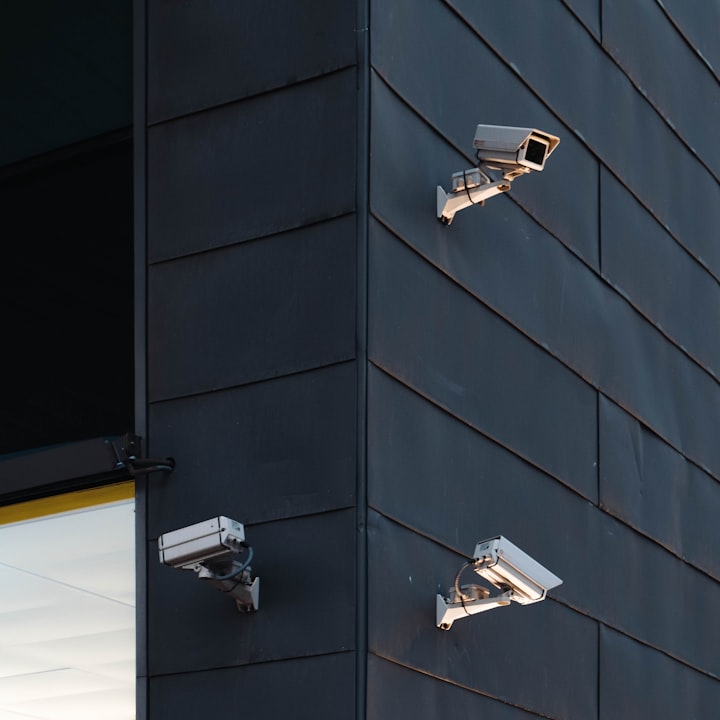Are Third-Party Storefronts the Future for Gaming Consoles?
What impact will the EU regulations on third-party storefronts have on gaming consoles? Learn how it affects gaming console regulations.

In recent months, the gaming industry has been rife with discussions about the necessity and implications of integrating third-party storefronts onto gaming consoles, such as PlayStation, Xbox, and Nintendo.
This debate has gained traction due to the European Union's (EU) recent directives that have stirred up controversy surrounding digital storefronts.
EU Regulations: Catalyst for Change?
The EU's recent legislative actions, which require mobile phone manufacturers to allow third-party app stores, have raised questions about their potential impact on gaming consoles.
Critics anticipate that these directives could set a precedent for broader regulations affecting industry giants like PlayStation, Xbox, and Nintendo.
Misinterpretation and Misconceptions
It's important to clarify that the EU regulations primarily aimed at tech giants like Apple, focusing on curbing their controversial tax practices within the EU.
Despite the seemingly broad implications, the immediate effects of these regulations on gaming consoles remain fairly ambiguous.
Tax Matters and Market Dynamics
The EU's standoff with tech giants over taxation, particularly with Apple and Google, highlights the intricate interplay of economic interests.
Nonetheless, the applicability of these legislative actions to the gaming industry remains uncertain, largely due to the distinct market dynamics and revenue streams inherent in the gaming sector.
Innovations and Competitive Dynamics
The gaming industry is characterized by cutthroat competition and a relentless pursuit of innovation.
Manufacturers invest heavily in creating proprietary platforms and ecosystems to distinguish themselves in the market.
The allowance of third-party storefronts could potentially disrupt these established business models, impacting the competitiveness and profitability of these console manufacturers.
Consumer Implications and User Experience
While integrating third-party storefronts might introduce a diverse range of games and applications for console users, it also raises concerns about quality control, security, and the overall user experience.
Console manufacturers strive to meticulously curate their platforms to ensure a seamless and secure environment for gamers.
Permitting third-party storefronts may pose significant operational challenges and compromise this meticulous control.
The Verdict: A Convoluted Landscape
In conclusion, while the EU's actions have sparked debates about the necessity for third-party storefronts on gaming consoles, the immediate impact remains inconclusive.
The gaming industry's complexities, including market dynamics, proprietary ecosystems, and user experience considerations, pose formidable barriers to the wholesale adoption of third-party storefronts.
Debates regarding this issue are likely to persist, as the gaming landscape continues to adapt to the changing regulatory environment.






